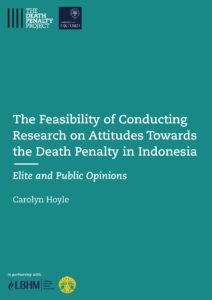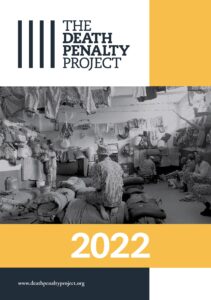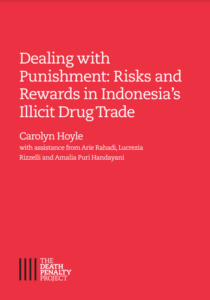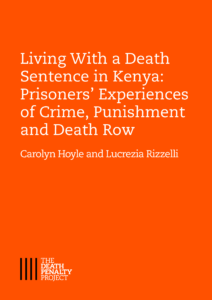The Feasibility of Conducting Research on Attitudes Towards the Death Penalty in Indonesia
- Reports and Studies
- 18 Jun 2019
A scoping project was carried out by The Death Penalty Project, Columbia University, and the University of Oxford in January 2019 identified three key assumptions behind Indonesia’s ‘war on drugs’: that the public is strongly in favour of capital punishment for drug offenders; that only the death penalty can deter drug offences; and that those who are prosecuted and sentenced to death for drug offences are the most dangerous, powerful and corrupt persons in the drug trade; the kingpins, not the foot soldiers. However, there are currently no empirical data to test these assumptions. We identified a clear rationale for public and elite opinion research aimed at testing a key justification for retention of the death penalty: that both elites and the public are strongly in favour of capital punishment and would not tolerate abolition or progressive restriction of its use. We further explored the feasibility of collecting such data in order to close gaps in our knowledge and explicate the challenges for Indonesia–and how best to meet them–to pursuing restriction or abolition of capital punishment.
This report presents the findings of a small pilot elite opinion study, funded by the UK Embassy in Jakarta, with interviews conducted by the University of Indonesia. Further, it establishes the feasibility of conducting empirically rigorous elite and public opinion research in collaboration with our research partners, LBH Masyarakat and the University of Indonesia. Such a study could provide government ministers, parliamentarians and policy-makers, as well as all other key stakeholders, with accurate information on the death penalty and stimulate an informed public debate about the utility of the death penalty in Indonesia.





